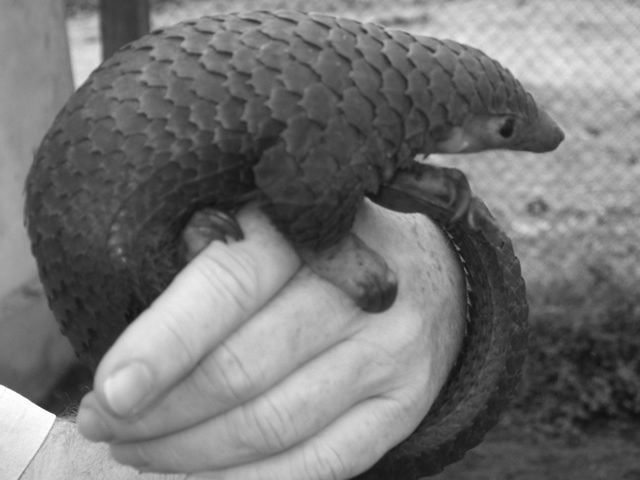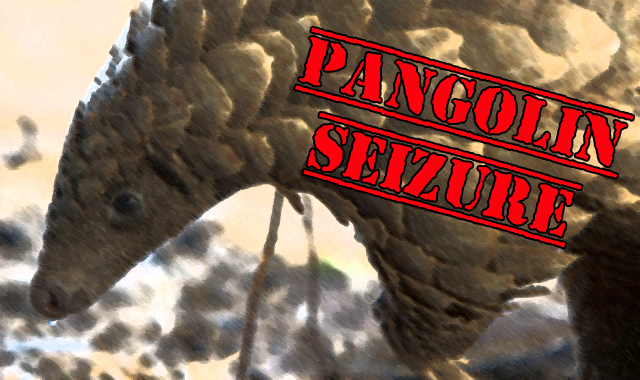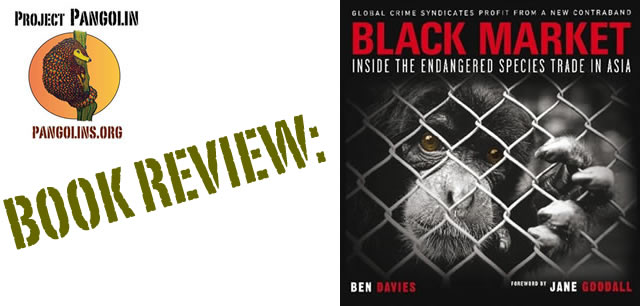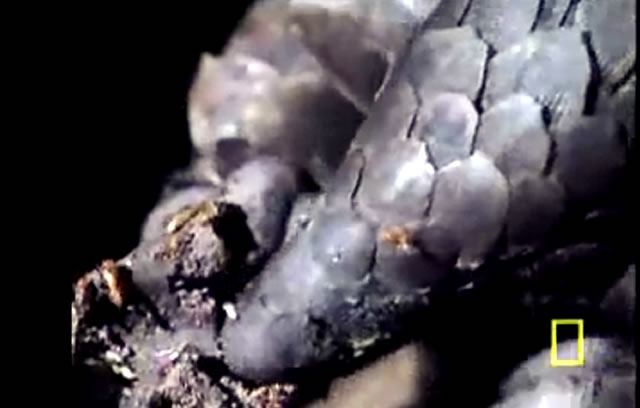Thanks to a few caring citizens, a pangolin has escaped persecution and poaching – at least for now.

Life is hard for pangolins, as they face daily threats of being poached, losing habitat, or being brutally murdered by angry mobs of humans.

Media reports claim Thai authorities have thwarted an attempt to smuggle 50 pangolins into China via Lao People’s Democratic Republic (Lao PDR), a major transit route used by wildlife traffickers.
Just after Customs officials confirmed that the China-Nepal border is serving as a significant smuggling route for the illegal wildlife trade, new media reports indicate a massive upswing in pangolin poaching in areas of Nepal near the porous Chinese border.
In a press conference held last Friday, the Lhasa Customs Office confirmed that porous Tibetan borders are being used to smuggle illicit drugs, pangolin scales, and other highly sought after wildlife products into China from other countries. Read more
Last week, the Assam Rifles—an Indian paramilitary force—apprehended two young men and seized from them fourteen kilograms of pangolin scales, two mobile phones, and a bank card, according to online news source, E-Pao. Read more

A must-read for anyone interested in learning more about the illegal wildlife trade: Black Market: Inside the Endangered Species Trade in Asia by Ben Davies is a shocking portrait of the plundering of endangered species destined for Asia’s illegal wildlife markets.
Malaysia’s Department of Wildlife and National Parks — more commonly known as Perhilitan — has reportedly arrested two men after they were found with a dozen defenseless pangolins in the rear of their vehicle.

What the heck is a pangolin? Aside from being a very unique, insectivorous creature and the most trafficked mammal in the international illegal wildlife trade, these scaly anteaters also have a job — a very important one!